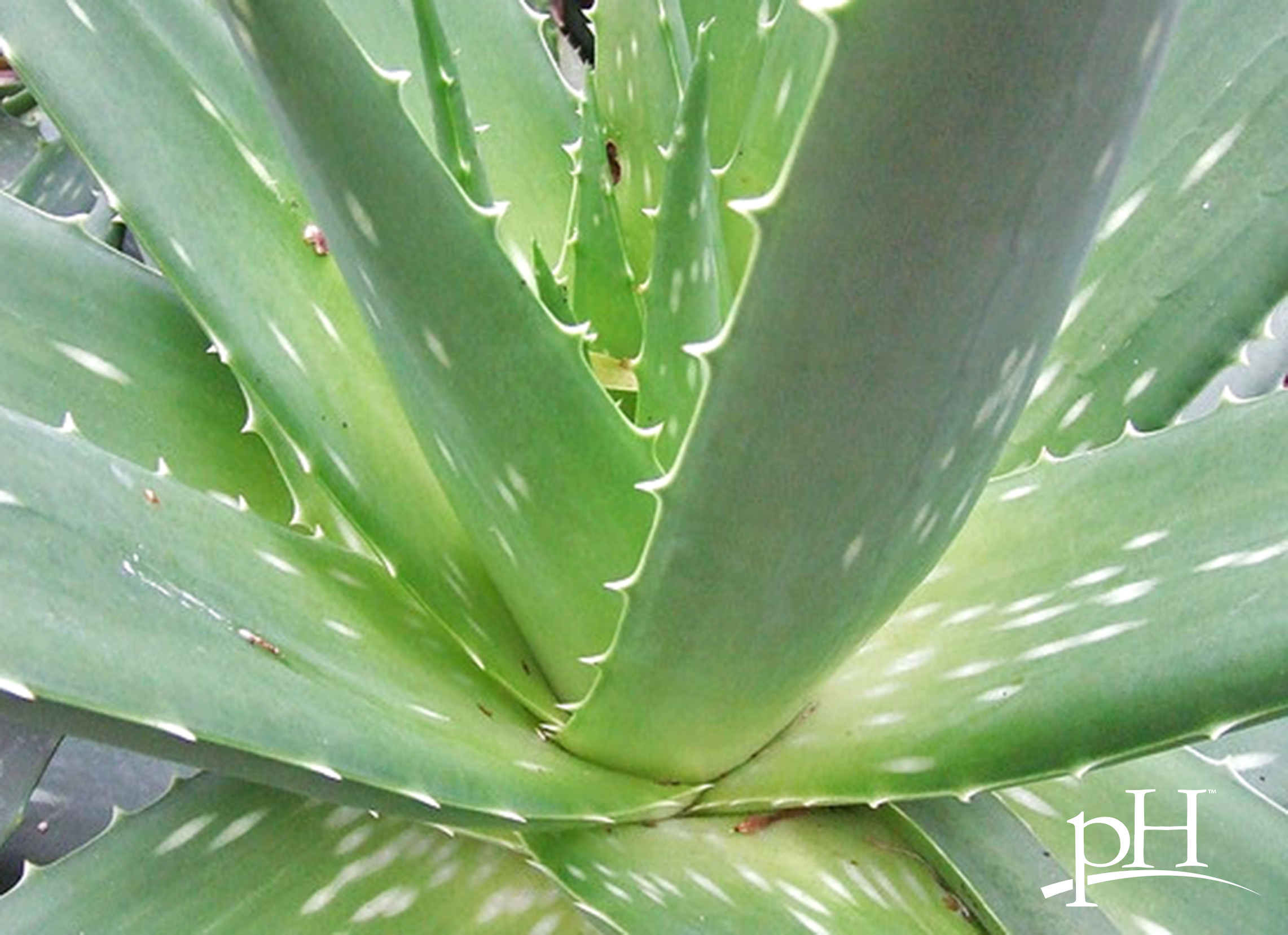Aloe vera: more than your summer sunburn salve
11 years ago | Aloe Vera 
Photo credit: Tess Watson, used with permission under Creative Commons license, altered
By pH health care professionals
Aloe vera. It’s a quirky beverage choice and a kind savior in the hours after a bad sunburn. It’s been used for healing the skin for thousands of years, and has long been a home remedy for constipation. But our reliable summer standby might well be good for even more.
Studies on aloe vera
Aloe vera (yes, that’s the Latin name of the plant species) has dentists’ hearts aflutter for its effectiveness against oral lichen planus, a disease of uncomfortable mouth sores. In studies performed over the last three years, patients who drank aloe vera juice regularly were able to get rid of the chronic disease completely. Aloe mouthwashes were effective, too, and pain improved dramatically compared to conventional treatments.
Aloe is also being embraced for its use in treating skin injuries and diseases. One small study found that patients with second-degree burns healed up far faster than patients given the traditional treatment. Scientists are also looking at the plant as a treatment for the frustrating disease psoriasis. Not impressed yet? Italy held an entire conference on aloe last year, where everything from aloe laxatives to aloe cancer treatments was discussed.
What’s in this plant, anyway?
The center of the plant produces a clear gel that is known as aloe gel. The underside of the leaf has a substance called aloe latex. Aloe vera gel consists primarily of water and polysaccharides (plant sugars). It also contains amino acids, lipids, enzymes and other substances. Its moisturizing properties are just one of the many reasons aloe is so popular in the cosmetics industry. It’s not clear why, but aloe appears to have an anti-inflammatory and anti-bacterial effect. Some people use aloe latex as a laxative, but it’s not considered completely safe to take orally.
So should we start putting aloe on everything?
Proceed with caution, as with any new trends. The evidence for using mouth-friendly preparations seems very convincing. However, don’t ingest anything that isn’t supposed to be in the mouth or stomach, like aloe vera lotion or gel, and don’t use it if you are allergic to plants in the lily family.
The studies on skin are fairly small, with less dramatic results. If you have a severe skin condition, try applying a small amount daily in an inconspicuous area to see what kind of results you get. Look for a natural brand like Roots Herbal that is pure, 100% aloe vera.
Who should not use aloe vera?
Don’t take oral aloe if you have intestinal problems, heart disease, hemorrhoids, kidney problems, diabetes, or electrolyte imbalances. If you take any medications regularly, talk to your doctor before you start using aloe supplements. They could interact with medicines and supplements like diabetes drugs, heart drugs, laxatives, steroids, and licorice root.
Enjoy Your Healthy Life!
The pH professional health care team includes recognized experts from a variety of health care and related disciplines, including physicians, attorneys, nutritionists, nurses and certified fitness instructors. This team also includes the members of the pH Medical Advisory Board, which constantly monitors all pH programs, products and services. To learn more about the pH Medical Advisory Board, click here.







